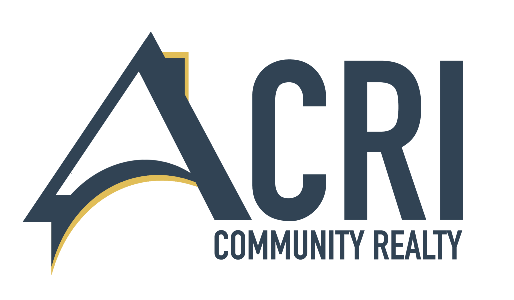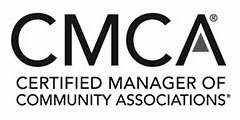Should Our HOA or Condo Board Consider Virtual Association Meetings?
Both property owners’ association meetings and condominium association meetings are typically held in the community clubhouse or other local building. However, with the increasing availability of technology, virtual meetings are becoming more commonplace.
Directors can electronically participate in real-time via virtual meetings. HOA board members who cannot be physically present at a board meeting can attend meetings remotely utilizing many free options such as Skype and Zoom. As long as any absent director can hear all other board members and all other board members can hear the absent director, it’s the same as if the director were actually present at the meeting.
Virtual Association Meetings Increase Accessibility & Interest
The convenience of virtual meetings reaches even further than studies suggest.
Many boards are leveraging electronic Board Meetings as a great accessibility tool. The pool of eligible individuals interested in obtaining a seat on the board increases exponentially. Think about it – if you can attend graduate classes online why not grab that technology for your next Board Meeting? Who can deny that meeting in the comfort of your own home or office is preferable to securing and driving to a location with very little privacy?
The state of Virginia is leading the charge on virtual board meetings. Virginia’s General Assembly (Virginia’s state legislature) recently passed legislation, House Bill 1205 (the “Amendment”), amending the Virginia Nonstock Corporation Act, that increases the use of virtual meetings for property owners’ associations in the Commonwealth.
Virtual HOA or Condo meetings facilitate increased participation of busy and non-resident owners, whose circumstances and schedules may prevent them from attending an in-person meeting.
Top 6 Reasons to Hold Virtual Association Meetings
• Convenience for those who have physical limitations.
• Ease of calling an emergency meeting.
• Seasonal homeowners can attend remotely.
• Reduced venue and maintenance costs.
• Increased homeowner participation.
• An abundance of free and easy to use meeting applications.
Using remote software for regularly scheduled board meetings could certainly be an advantage in order to achieve a quorum, get agenda items passed quickly, and attain maximum efficiency.
Rinaldo Acri states, “As far as virtual meetings are concerned, consider using a webcam during the meeting so people attending have an option to be viewed by others – especially directors wanting to establish a connection with their members.”








